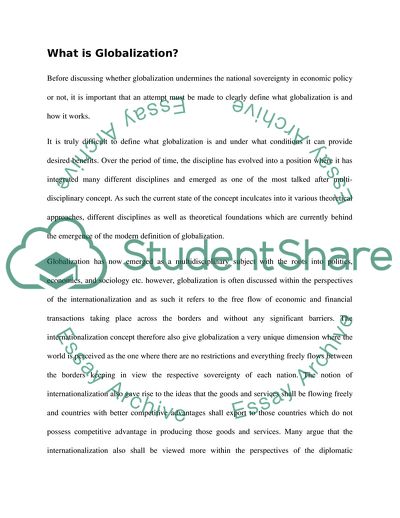Cite this document
(Does Globalization Truly Undermine National Sovereignty in Economic Term Paper, n.d.)
Does Globalization Truly Undermine National Sovereignty in Economic Term Paper. https://studentshare.org/macro-microeconomics/1721818-does-globalization-truly-undermine-national-sovereignty-in-economic-policy-making
Does Globalization Truly Undermine National Sovereignty in Economic Term Paper. https://studentshare.org/macro-microeconomics/1721818-does-globalization-truly-undermine-national-sovereignty-in-economic-policy-making
(Does Globalization Truly Undermine National Sovereignty in Economic Term Paper)
Does Globalization Truly Undermine National Sovereignty in Economic Term Paper. https://studentshare.org/macro-microeconomics/1721818-does-globalization-truly-undermine-national-sovereignty-in-economic-policy-making.
Does Globalization Truly Undermine National Sovereignty in Economic Term Paper. https://studentshare.org/macro-microeconomics/1721818-does-globalization-truly-undermine-national-sovereignty-in-economic-policy-making.
“Does Globalization Truly Undermine National Sovereignty in Economic Term Paper”. https://studentshare.org/macro-microeconomics/1721818-does-globalization-truly-undermine-national-sovereignty-in-economic-policy-making.


